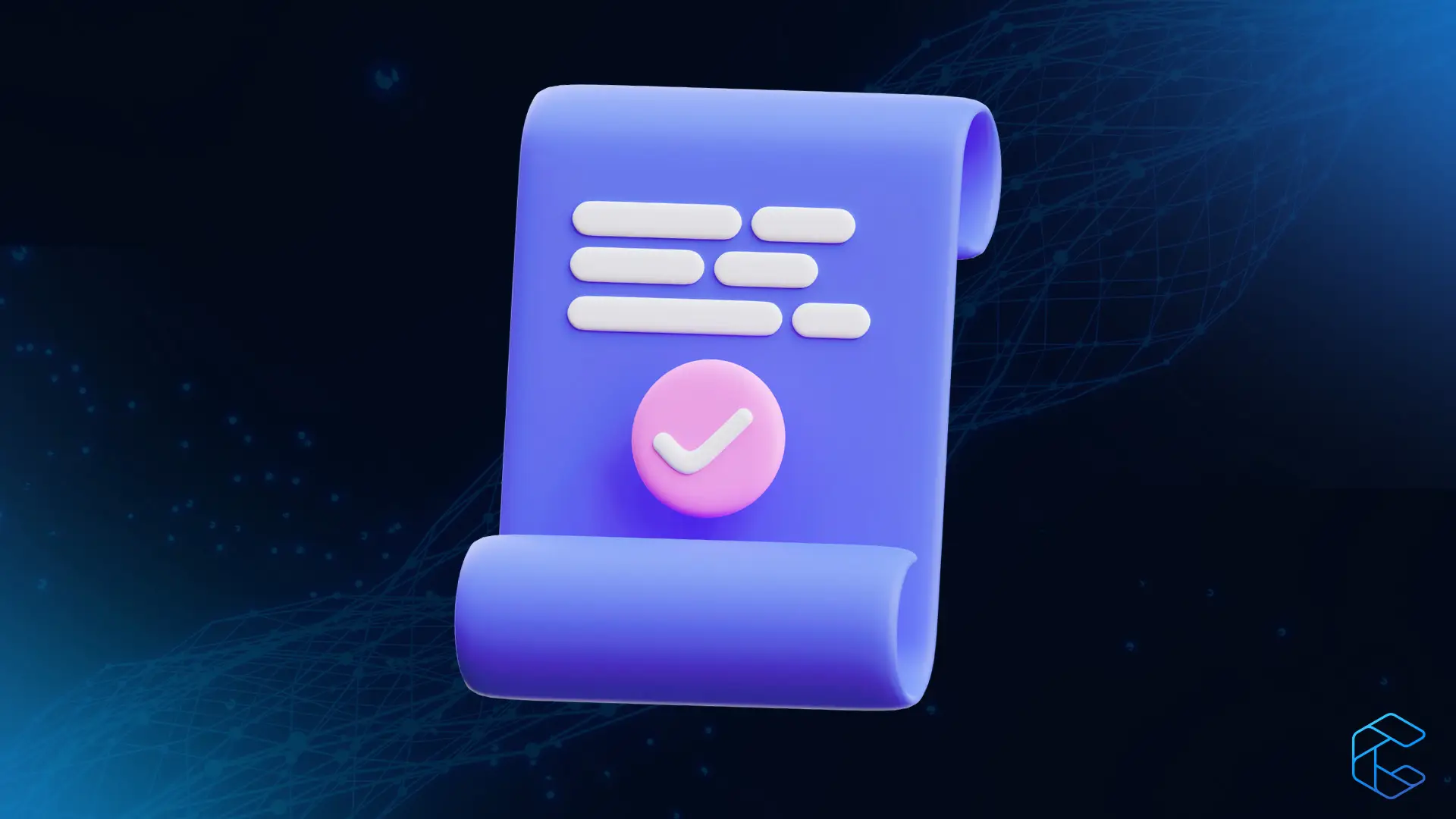If you’ve been following the cryptocurrency and blockchain world, you’ve probably heard the term “DAO” thrown around. But what exactly is a DAO, and why is it such a big deal?
DAO stands for “decentralised autonomous organisation.” Now, before your eyes start to glaze over, let me break it down for you in simpler terms.
A DAO is a group of people who want to work together, but instead of having one central authority figure making all the decisions, they rely on a blockchain network and a shared set of rules to make things happen. This means that everyone has an equal say in the decision-making process and can vote on proposals to move the organisation forward.
So how do you get a DAO to work? Well, they run on smart contracts that define how they operate and they don’t need humans to do the heavy lifting. It’s not only about humans doing the heavy lifting, they also don’t need humans changing rules and being notoriously slower than computers to do things. The core community creates the smart contract, which is fully auditable and visible to everyone.
To get things going, DAOs need funding. This is usually done by selling tokens in exchange for funds, and the people who hold those tokens get voting rights. The stakeholders of the DAO decide the rules, and everything is stored on a blockchain for all to see which translates into a fully functional and reliable democratic system of sorts.
Once the DAO is funded and deployed, it’s basically autonomous. Nobody has any special powers to change things, and any changes have to be agreed upon by the community. Proposals are put forward and voted on by the stakeholders, and changes are implemented when a majority is reached.
What stands out about DAOs is that they’re decentralised, so there’s no hierarchy or special contracts. Everyone is united by a common goal, and the rules that govern the organisation are transparent and open-source.
One of the biggest advantages of DAOs is that they allow for greater transparency and accountability. Because all decisions are made public on the blockchain, there’s no room for backroom deals or hidden agendas. This makes DAOs ideal for projects that require a high level of trust and transparency, such as crowdfunding initiatives, charitable organisations, and community projects.
DAOs are also super efficient – since everyone gets a say, there’s no need for long meetings or red tape. This means they can adapt quickly to changes, unlike traditional organisations. But, like with any new technology, there are risks. One big one is bad actors taking advantage of the system, which can lead to scams or other nefarious activities. Plus, there’s no clear legal framework yet, which can make things uncertain.
But, despite the risks, DAOs have been used in some pretty interesting ways! For example, Uniswap is a popular trading protocol that’s now a DAO. People with tokens can vote on important decisions, and the process is super democratic.
Another example is Decentraland, a 3D virtual world where you can buy digital land and other assets. The DAO helps manage things and the community gets to make important decisions.
Even the gaming industry is getting on board – Illuvium is a fantasy battle game that’s decentralised and runs on the Ethereum blockchain, and the Illuvium DAO helps govern the game. So, while DAOs are still pretty new, they have a lot of potential to change the way we work and play together.
So there you have it! DAOs may sound complicated at first, but they’re really just a new way for people to work together and make decisions in a more democratic and transparent way. By using smart contracts and blockchain technology, DAOs can function autonomously and allow everyone to have a say in the decision-making process. Who knows where this technology will take us in the future? But one thing’s for sure – DAOs have the potential to change the way we work and collaborate, and that’s pretty exciting, don’t you think?
Related Articles
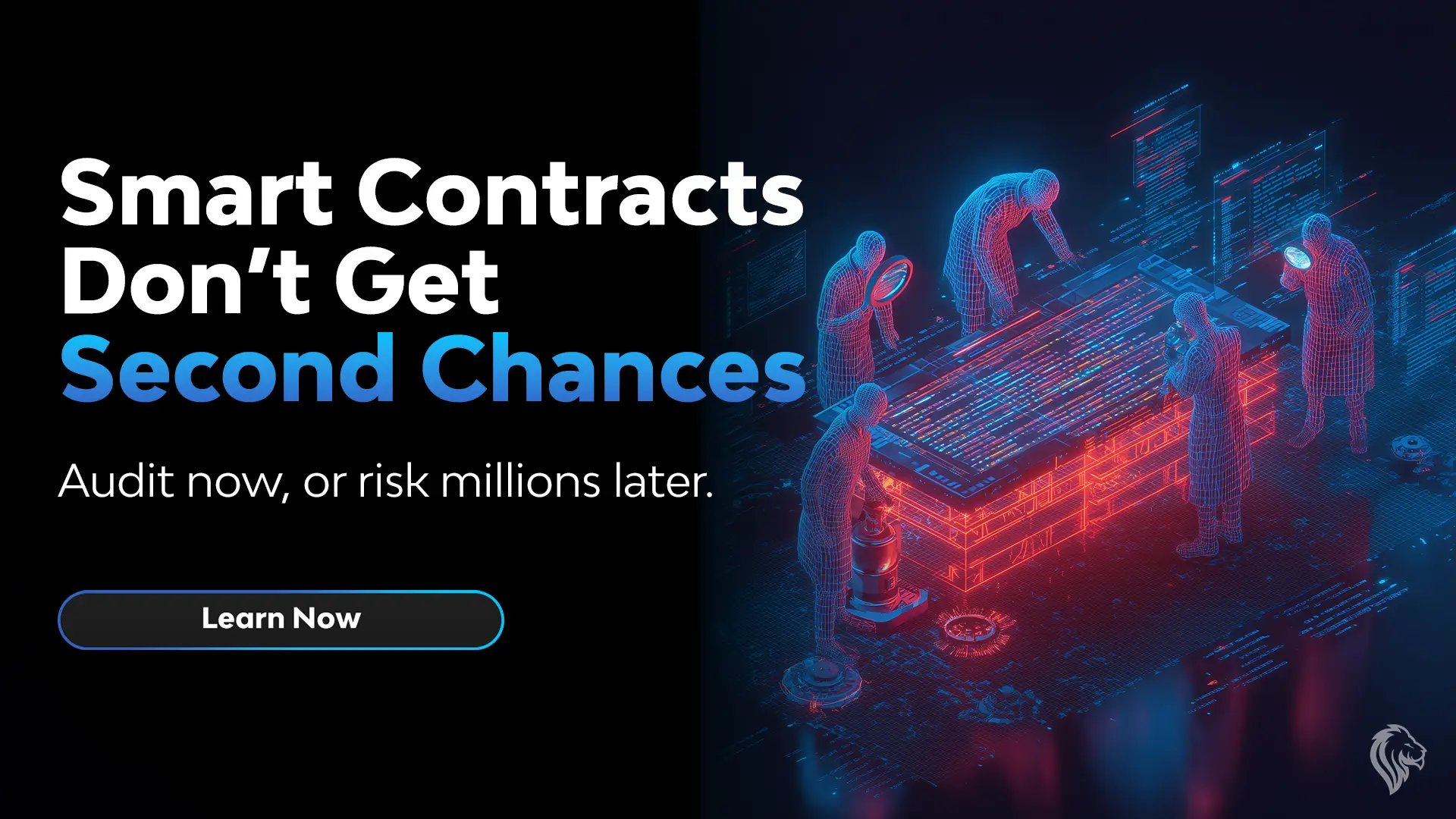
The Importance of Smart Contract Audits for Your dApp
Before you deploy, get a smart contract audit. Learn how this crucial step protects your d...
Read more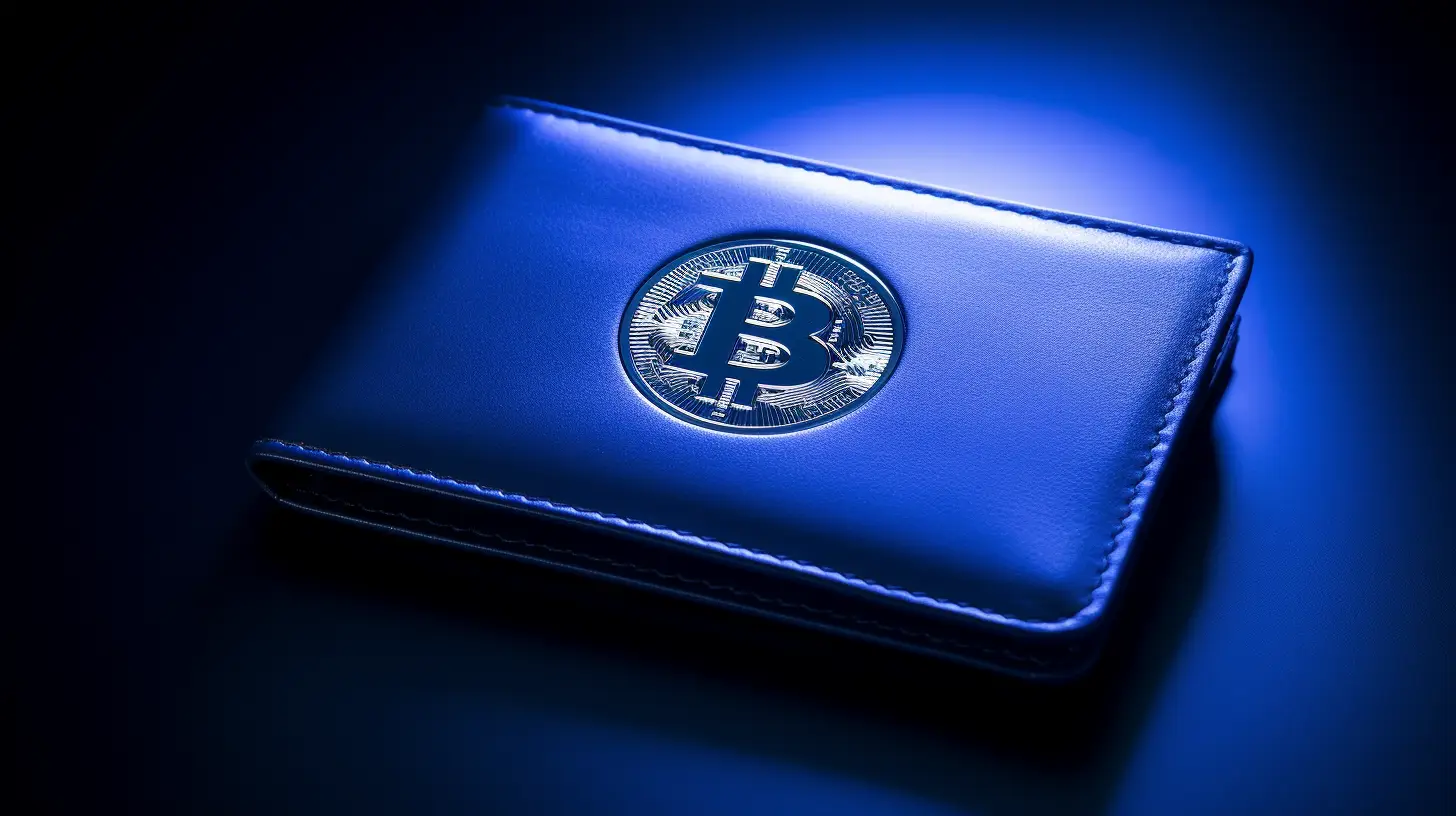
Cyrex Simplifies Blockchain with Secure Wallets and Bridges
Discover how Cyrex Enterprise simplifies Web3 adoption with secure blockchain wallets and ...
Read more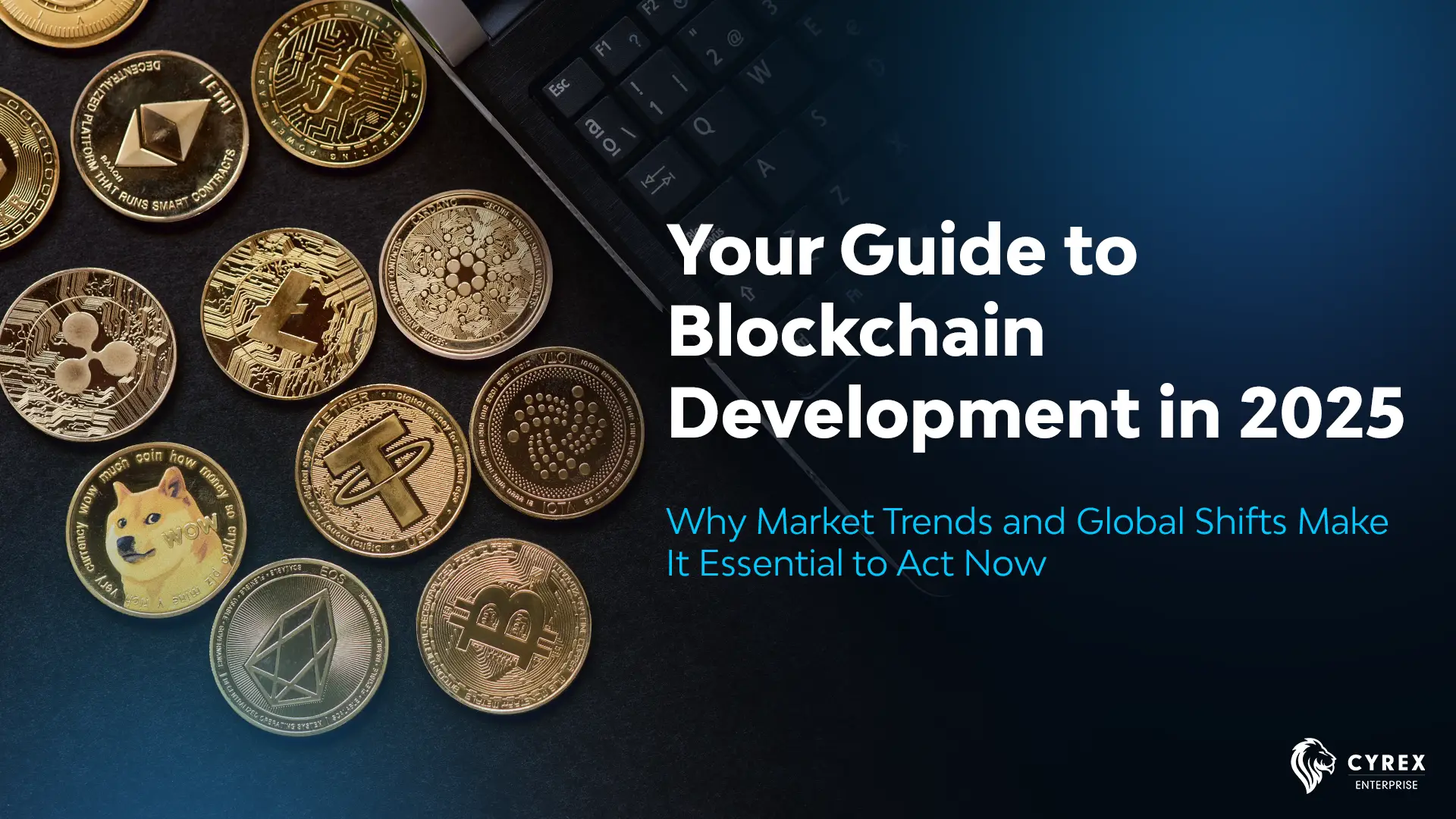
Your Guide to Blockchain Development in 2025
Blockchain Development in 2025: Explore the latest trends in Web3, interoperability, and d...
Read more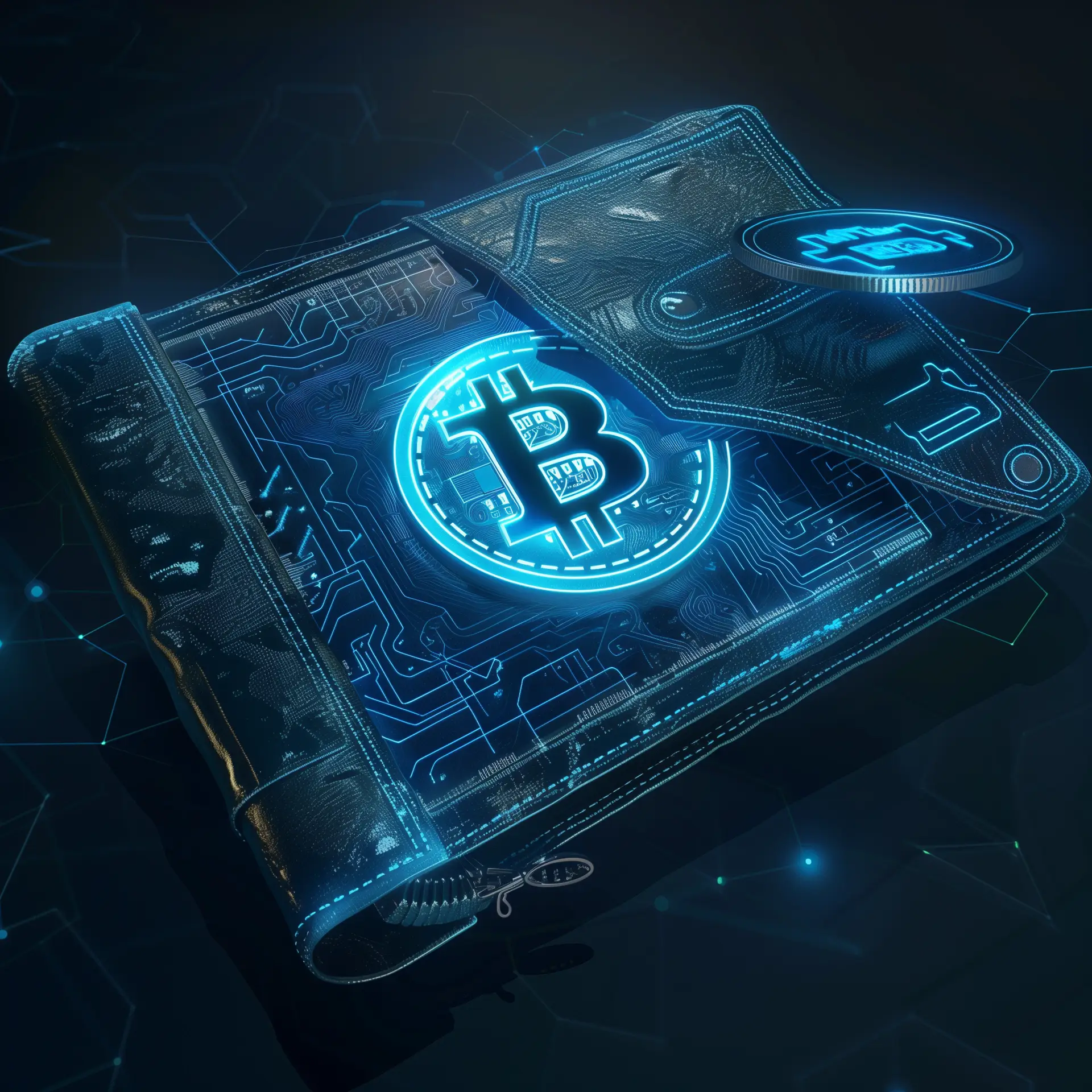
Secure Your Web3 Future: Cyrex’ Blockchain Wallet & Bridge Development
Unlock the power of Web3 with secure blockchain wallets and innovative bridges by Cyrex....
Read more